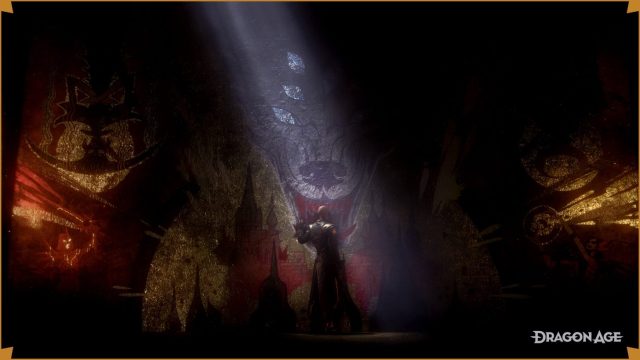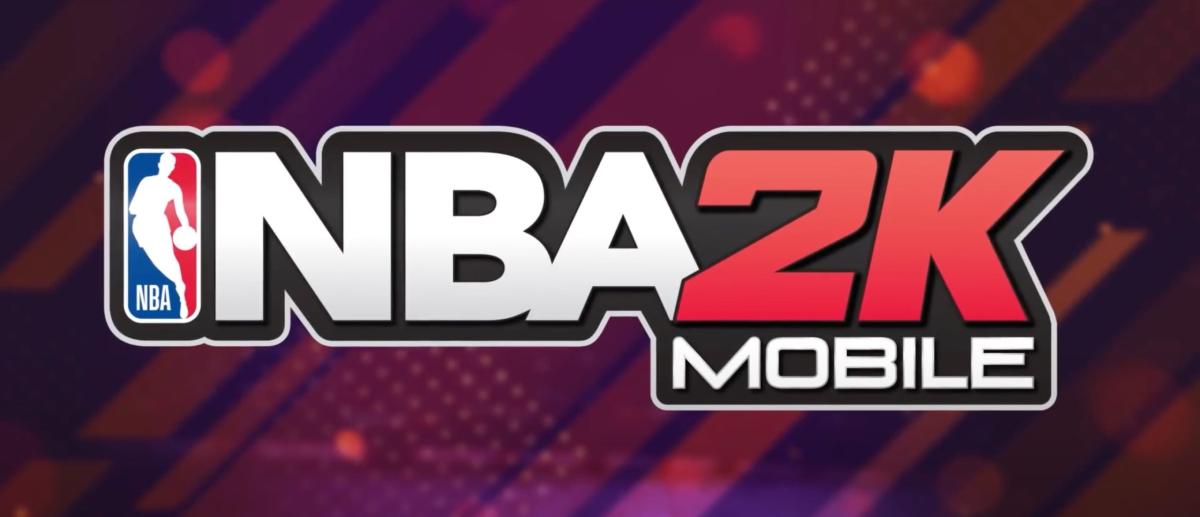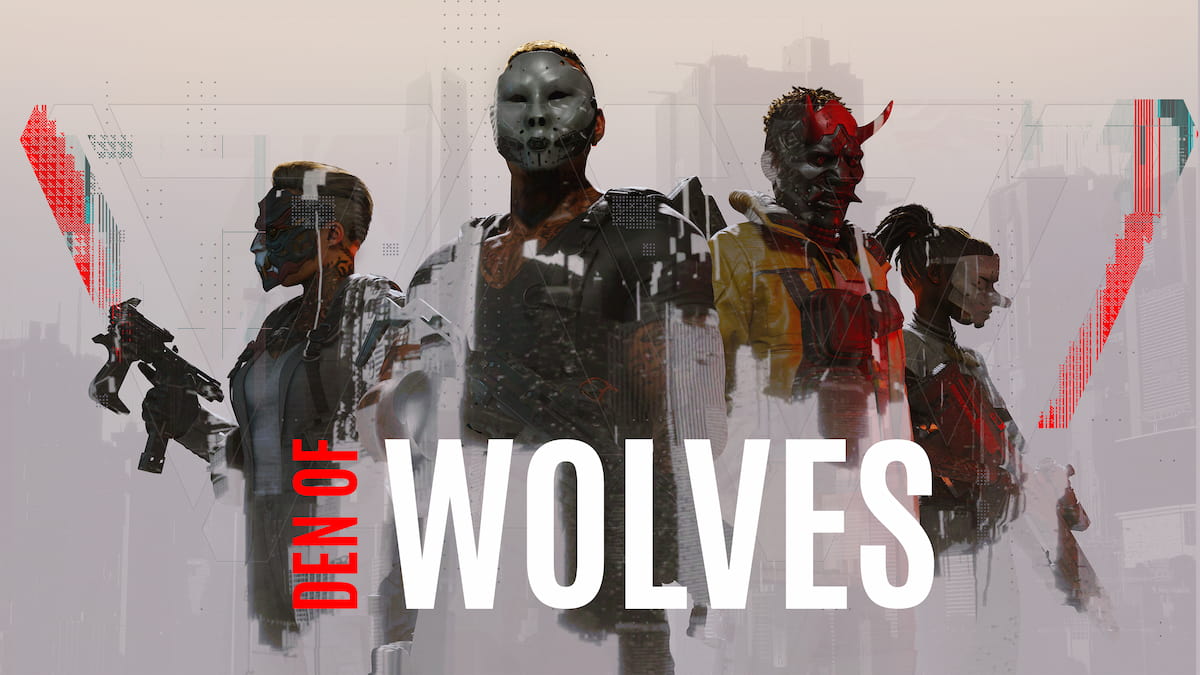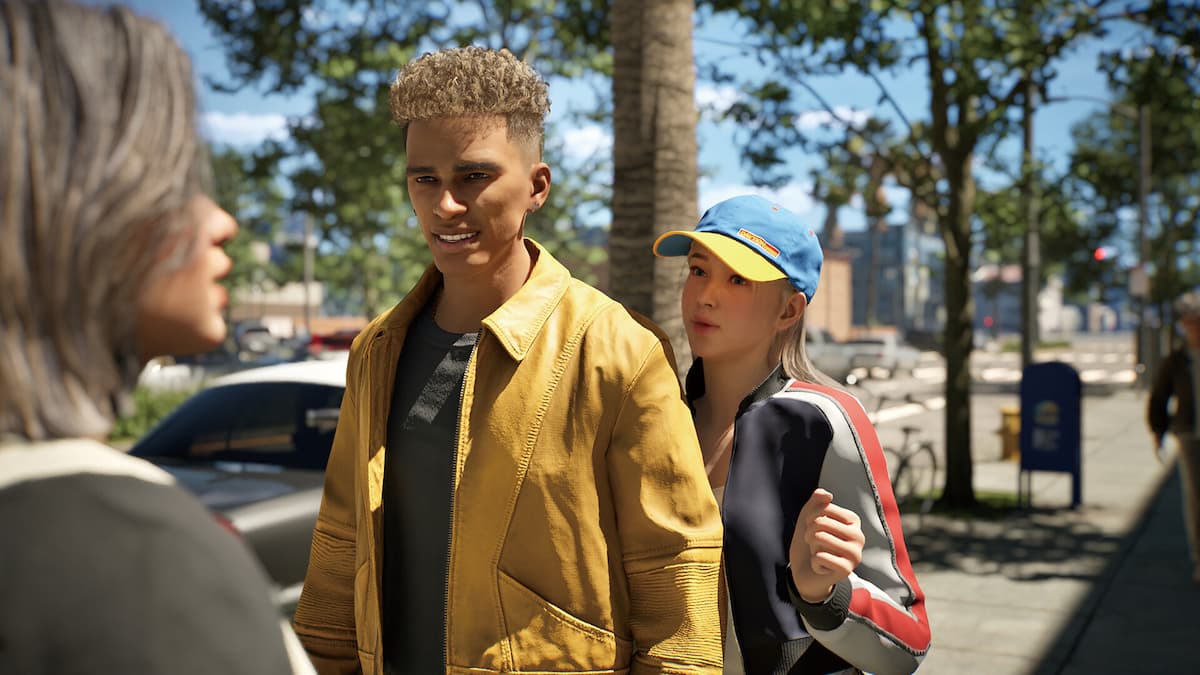The age of the silent protagonist might be about to end if a new patent launched on Oct. 17 is to be believed. The assignee is Electronic Arts (EA) and it wants you at home to be given the freedom to voice characters in its games.
To say that the rapid growth of Artificial Intelligence is controversial would be the understatement of this century. Although it holds so many possibilities once locked away in science fiction, within this spectrum lies so many pitfalls that we have already encountered. Software that utilizes art without consent to create new work and technology that could effectively replace voice artists are just two of these that have faced fierce backlash in the last year.

It is the second of these two which has raised eyebrows most recently as it appears that EA might be looking to harness said technology in a somewhat positive way. Large emphasis on the somewhat. “A computer-implemented method of generating speech audio in a video game is provided,” the abstract reads. “The method includes inputting, into a synthesizer module, input data that represent speech content.”
In layman’s terms, EA has seemingly obtained a way for your voice to be transformed into a speech pattern that can be translated into games. The obvious application of such a feat would be in role-playing games where the player’s character has various text options to respond with during conversations. Baldur’s Gate 3 and Dragon Age: Origins come to mind for experiences that fit this description.
New industry regulations shall become standard in the next decade, such as those fought for by SAG-AFTRA strikes earlier in 2023, but it is difficult to cover a role with no voice. This does not mean that actors won’t be affected by such a groundbreaking discovery, however. Even in those aforementioned titles, the player character still has vocal performances limited to overworld grunts and quips.
A wider implication might be that RPGs where the player character is fully performed, such as the Mass Effect franchise, could favor this technology to save money. On the one hand, it is a direction that appeals both to the company and regular fans at home who can further connect with new stories. On the other hand, it will remove potential jobs for voice actors in the future.
Without knowing what EA’s full intentions are, this remains a malleable situation. The rule of cool is strong in our hypotheticals yet could still do damage to a large group of professionals who are fighting for their right not to be impersonated.












Published: Nov 27, 2023 11:24 pm